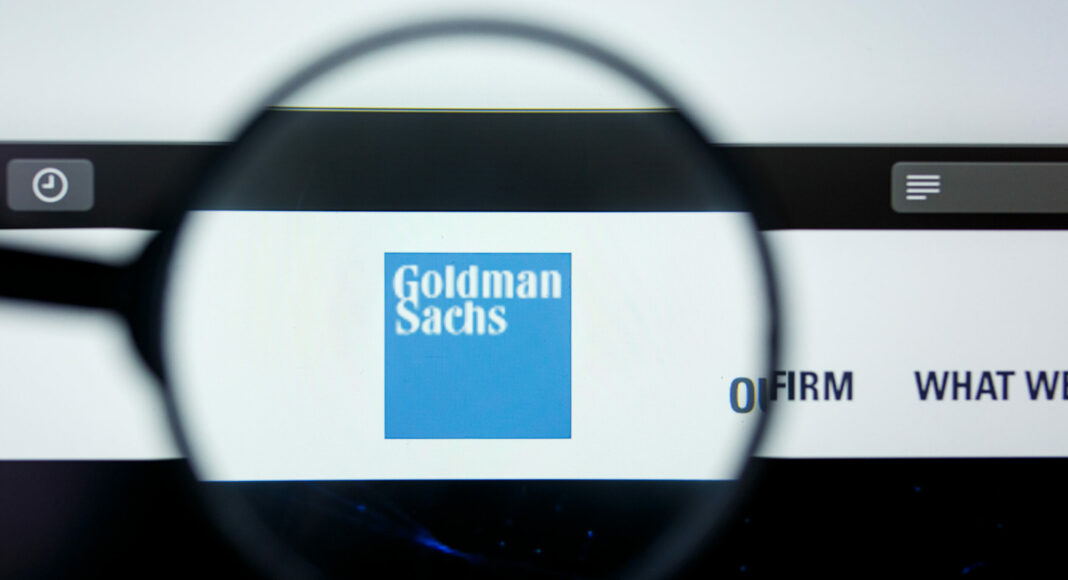“Buy low – Sell high” has long been a basic rule for capitalists, from small business owners to stock market investors. However, for many of the super rich—especially among billionaires in Silicon Valley—the rule now is “Sell low—Buy low.”
An investigation by ProPublica, a nonprofit newsroom that investigates abuses of power, has revealed a strategy among billionaires of selling stocks for a loss and then replacing them with nearly identical investments. The goal? Wipe out millions in potential taxes.
Working this magic for billionaires, according to ProPublica investigators, is Goldman Sachs, which wields the stock market’s natural volatility to the billionaires’ advantage. It’s called “Tax Advantaged Loss Harvesting.”
As one example, ProPublica estimates that from 2014 through 2018, former Microsoft CEO Steve Ballmer was able to generate tax losses totaling $579 million without changing his investment portfolio in a meaningful way. The tax savings from these losses amount to at least $138 million.
The scale of Goldman’s feat was remarkable, but Ballmer was just one client pursuing such a strategy, as reported by ProPublica’s Paul Kiel and Jeff Ernsthausen. Goldman was just part of an industry that helps the ultrawealthy report billions in losses—and save billions in potential taxes—even as their fortunes rise.
ProPublica was able to reconstruct the tax-loss strategies of scores of the nation’s wealthiest people, including Ballmer and Facebook co-founders Mark Zuckerberg and Dustin Moskovitz, using a trove of IRS data that has been the basis for “The Secret IRS Files” series. This trove includes not only some two decades of tax returns for thousands of the nation’s wealthiest citizens but also voluminous records of their trading.
Goldman’s ability to deliver tax losses to its clients won’t be significantly curtailed, according to ProPublica. That’s because over the past 25 years, investing has undergone a transformation that’s made the law against so-called “wash sales” toothless. Improved computing, new financial products, cheaper trading costs and a shift away from picking stocks to passively tracking the broader market are the main ingredients of the change, say the investigative reporters.
Asset managers have used these advances to forge loss-harvesting accounts that boast hundreds of billions of dollars in assets. What the law sought to prevent—generating a tax loss without a substantial change in the investment—is now commonplace, ProPublica reports.
Since the mid-2000s, when Moscovitz’s six-figure Facebook salary made up almost all his income—he’s now worth more than $7 billion—his financial life has grown considerably more complicated. After leaving Facebook, Moskovitz co-founded Asana, a software company, in 2009, but his stake in Facebook still accounted for the vast majority of his wealth. He set about changing that. From 2012 through 2018, he sold $3.6 billion worth of his stock, funds that he, with Iconiq’s help, could then use for other investments.
One of those new ventures was a tax-loss-generating account. In late 2012, Moskovitz harvested his first tax losses, according to ProPublica’s analysis. By 2013, he’d put over $100 million into the account, and his tax losses began to swell. In December of that year, he sold off 153 stocks to produce his first million-dollar loss.
Asset managers recommend adding to a direct indexing account over time, since it ensures there are always new losses to harvest. That’s the strategy Moskovitz followed, every few months seeding $13 million here, $25 million there, ProPublica reported. As the account grew, so did the tax losses.
Moskovitz’s dozens of loss-harvesting trades resulted in $84 million in tax losses. That saved him at least $20 million in taxes, ProPublica estimates.
Representatives for Iconiq and Moskovitz, who has tweeted that he’s “in favor of raising taxes on the wealthy,” did not respond to written questions from ProPublica.
To prevent the wealthy from easily skirting the wash sale rule, Congress would need to change the law, experts said. One fundamental, but long-shot, reform would be to automatically tax the annual fluctuations of investments’ value (called “marking to market”). That would prevent the wealthy from being able to defer taxes on gains forever—and also render tax-loss harvesting unnecessary.
Visit propublica.org to read the complete investigation, originally published Feb. 9.



